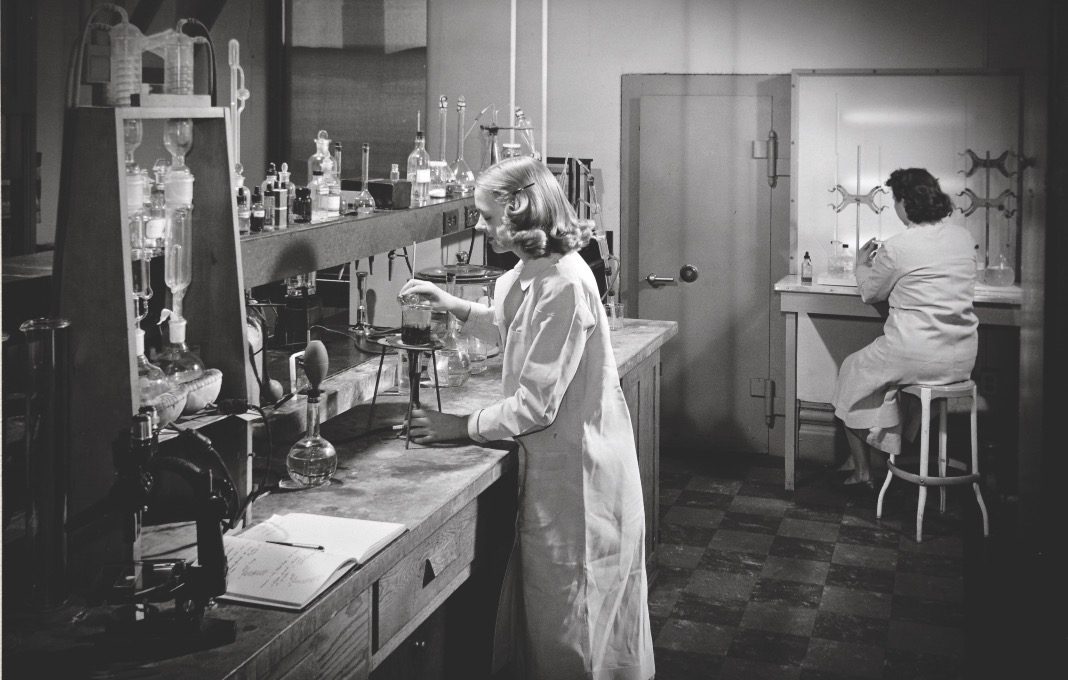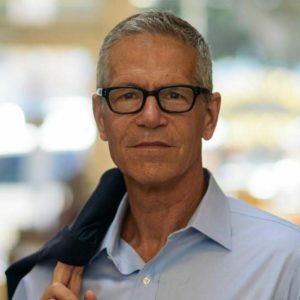Companies Of A Century: Ecolab Does Well By Doing Good


Editor’s Note: Chief Executive is kicking off a new annual tradition this year by celebrating every sizable (over $100 million in annual revenues) standalone company turning 100 in 2023. Check out the rest of this year’s class for tips, insights and, above all else, the inspiration you need to keep going….and going.
HQ: Saint Paul, Minnesota
Revenues: $14 billion
Employees: 47,000+
Merritt J. Osborn was in a tough spot. He’d recently lost his Ford car dealership and, with two sons soon headed to college, needed another source of income. As Osborn considered his options, he recalled a problem he’d encountered years earlier as a traveling pharmaceutical salesman.
At the hotel where he was staying, he noticed that the guest room carpets were removed for cleaning by an outside vendor. Meanwhile, the hotel shut down the rooms, causing a loss in revenue. Reflecting on the memory, Osborn contemplated the business value of cleaning carpets in the rooms during the morning to rent them out at night.
Through trial and error, Osborn developed a carpet cleaning compound called Absorbit to help hotels save time, labor and money. At 44, he incorporated a company in Saint Paul, Minnesota, naming it Economics Laboratory to convey savings and science. In 1986, the name was shortened to Ecolab.
Today, Ecolab is a global leader in water, hygiene and infection prevention systems, technologies and services. What remains the same, other than its Saint Paul headquarters, is an enduring dedication to solving business problems. “We remain committed to relentless science-driven innovation to advance sustainable growth for generations to come,” says CEO Christophe Beck.
An early case in point was Osborn’s dogged pursuit of other business ventures, after Absorbit proved less of a success than he had hoped. With the help of a chemistry student from the University of Minnesota, he developed a detergent for the new electric dish machines in use at hotels, restaurants and homes, which later evolved into a popular consumer product. When entering a market, Osborn’s goal was to know more about the cleaning processes than anyone else, including the customer.
In 1928, Economics Laboratory received its first of more than 6,000 patents for a dispensing device that delivered the correct dose of liquid cleaning formulations to customers in the hospitality, lodging and other industries. Three years later, a research department led by a respected scientist, Dr. John (Doc) Wilson, was launched, widening the product portfolio to include the popular Satin Wax floor cleaner.
In 1951, the founder turned over management to his son, E.B. Osborn. Shortly thereafter, E.B. gained access to the industrial specialty chemical market by acquiring Magnus Company, a maker of industrial cleaning formulas. E.B. took Economic Laboratory public in 1957 and presided over an expansion that led to the company tallying operations today in more than 170 countries.
Following the environmental movement of the 1970s, E.B. articulated the company’s principles of environmental responsibility, ecological sustainability and energy conservation. These principles were put to the test with the 1987 acquisition of ChemLawn, the maker of a product later criticized for containing potential toxins. Unable to turn the company into a profitable business, Ecolab sold it at a significant loss five years later.
Other acquisitions followed in water hygiene, disinfection and sanitizing solutions. Among them was Nalco, at $8 billion, the largest acquisition to date. The 2011 deal transformed Ecolab into a global leader in water management in the industrial, institutional and energy sectors, affirming E.B. Osborn’s commitment to sustainability. “We believe in doing well by doing good,” says Beck. “By leading with purpose and making a positive impact, innovation and growth will follow.” —


0

1:00 - 5:00 pm
Over 70% of Executives Surveyed Agree: Many Strategic Planning Efforts Lack Systematic Approach Tips for Enhancing Your Strategic Planning Process
Executives expressed frustration with their current strategic planning process. Issues include:
Steve Rutan and Denise Harrison have put together an afternoon workshop that will provide the tools you need to address these concerns. They have worked with hundreds of executives to develop a systematic approach that will enable your team to make better decisions during strategic planning. Steve and Denise will walk you through exercises for prioritizing your lists and steps that will reset and reinvigorate your process. This will be a hands-on workshop that will enable you to think about your business as you use the tools that are being presented. If you are ready for a Strategic Planning tune-up, select this workshop in your registration form. The additional fee of $695 will be added to your total.

2:00 - 5:00 pm
Female leaders face the same issues all leaders do, but they often face additional challenges too. In this peer session, we will facilitate a discussion of best practices and how to overcome common barriers to help women leaders be more effective within and outside their organizations.
Limited space available.

10:30 - 5:00 pm
General’s Retreat at Hermitage Golf Course
Sponsored by UBS
General’s Retreat, built in 1986 with architect Gary Roger Baird, has been voted the “Best Golf Course in Nashville” and is a “must play” when visiting the Nashville, Tennessee area. With the beautiful setting along the Cumberland River, golfers of all capabilities will thoroughly enjoy the golf, scenery and hospitality.
The golf outing fee includes transportation to and from the hotel, greens/cart fees, use of practice facilities, and boxed lunch. The bus will leave the hotel at 10:30 am for a noon shotgun start and return to the hotel after the cocktail reception following the completion of the round.